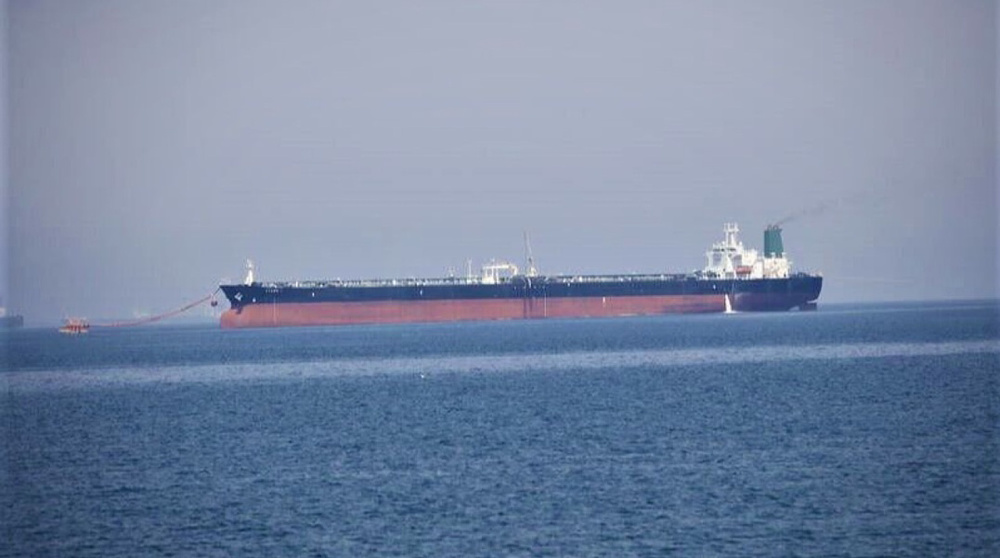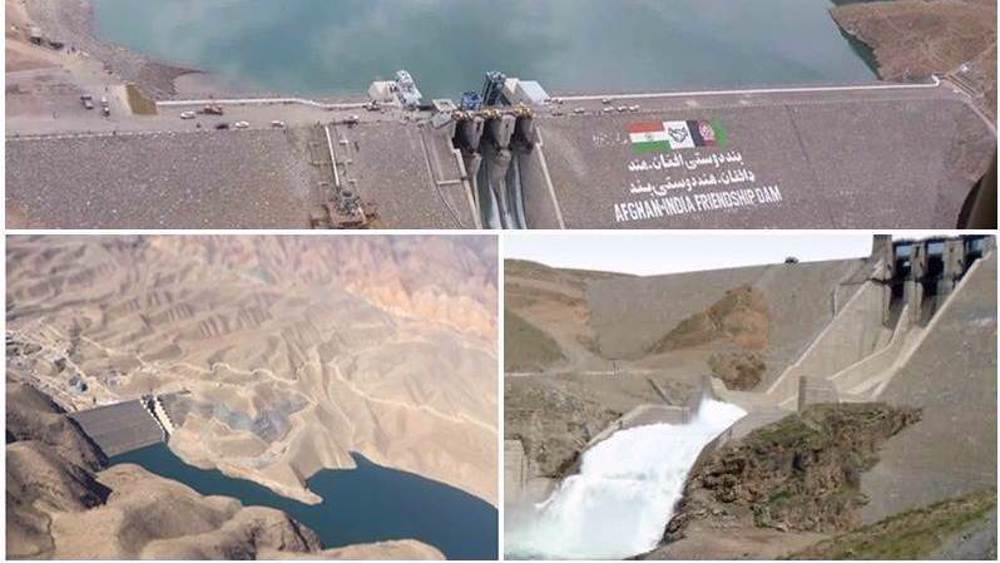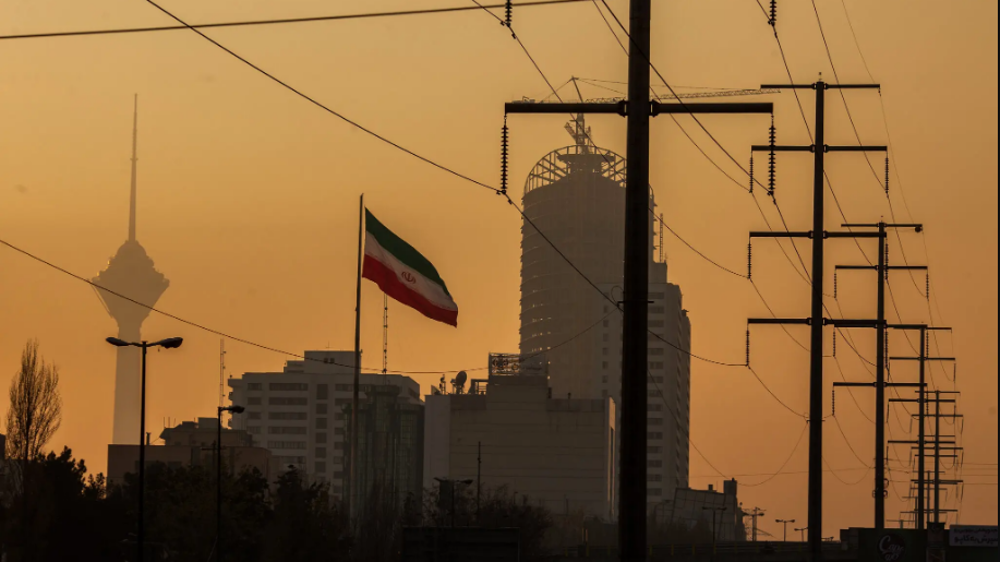Energy superpower Iran discovers oil shales
Iran has found possible oil shales in southeast Kerman and northern Semnan as the country is trying to figure out an estimate of its unconventional hydrocarbon reserves.
“Preliminary explorations have found three or four oil shale horizons with signs of kerogen near Kerman and southern Semnan,” the IRNA news agency reported on Saturday, citing an unnamed energy source.
Shale reserves have already been confirmed in Iran’s Zagros Basin and near Aligudarz in the Lorestan province, he said.
“The Garoo formation in Lorestan contains the biggest shale reserves yet and the Kajdomi formation in Gachsaran also holds a significant capacity,” he added.
Survey and exploration of oil and gas shales in Iran are in their inception as the country is preoccupied with its enormous conventional reserves chiefly in the Zagros belt and the Persian Gulf.
The country holds the world's fourth largest oil reserves put around 150 billion barrels. Its gas reserves are the world's largest, estimated around 34 trillion cubic meters.
Each barrel of conventional crude oil in the Persian Gulf costs Iran between five and 10 dollars to retrieve versus $40-80 for the shale oil. Hence, the country's operations are restricted to exploration and identification of shale reserves, with no recovery plans for now.
Iran has just started scouting for its shale assets amid massive investments in unconventional reserves in recent years, especially by the US, and introduction of new methods which are slashing retrieval costs.
Beside being costly to extract, shale oil is more controversial than conventional crude because of its environmental impact. Its extraction involves fracking or fracture-stimulating of low permeable rocks where oil and gas is trapped.
In the process, water is pumped along with sand and chemicals into shale formations in order to convert kerogen or organic matter within the rocks into oil and gas.
Humans of Gaza: Dr. Thabat Salim, young Palestinian doctor killed in line of duty
Lebanon complains to UN Security Council over ongoing Israeli attacks
Iran to unveil indigenous remote-sensing Pars-2 satellite next month
US raises bounty for Maduro after Venezuela swears him in
Explainer: Which advanced weapons did Iran test in 'Eqtedar 1403' drills?
London police under fire for banning pro-Palestine rally outside BBC
One killed, several injured in joint US, UK, Israeli strikes on Yemen
VIDEO | Press TV's News Headlines










 This makes it easy to access the Press TV website
This makes it easy to access the Press TV website